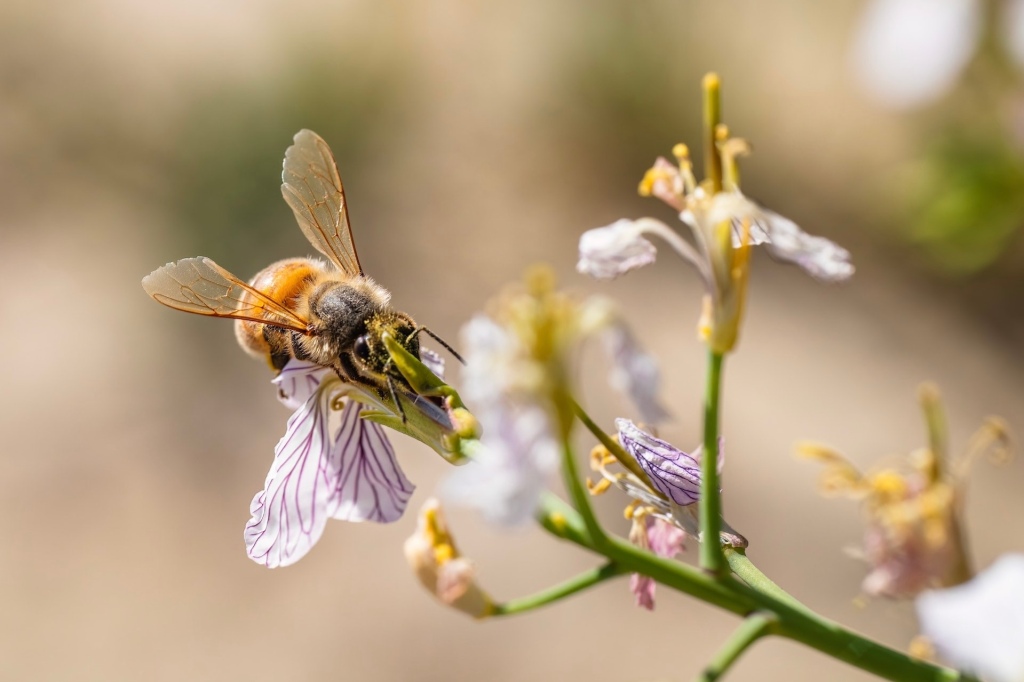Tag: nature
-

Unearthing the Colonial Roots of Rewilding
First blazoned in print in 1990, the concept of “rewilding” has gained significant traction in recent years as a promising approach to ecological restoration. Rewilding aims to reinstate natural processes, such as trophic cascades and vegetative succession, allowing ecosystems to function independently and thrive without human intervention. However, beneath its seemingly noble intentions lies a…
-

Ecofeminism: A Double-Edged Sword
First coined by Francoise d’Eaubonne in 1974, “ecological feminisme” hypothesises a uniquely female proclivity to conserve and care for the natural environment, and correlates this interrelationship with parallels in gender and environmental justice. This political philosophy stems from the notion of women-nature connections: women are biologically, and psycho-spiritually, closer to nature but, with that, the…
-

Frankenstein Food or the Future: A Look at Italy’s Bill on Cultured Meat
The notion of our evolutionary omnivory is one of high controversy, undeniably inflamed by rounds of animal rights and radical diets as well as the rise of religious cross-culturalism. Recent decades have witnessed the commercialisation of various veggie substitutes like Quorn and Linda McCartney’s in sync with a global transition towards meat-less living. Despite falling…
-

Rewilding: The Past is Our Future
Ecological conservation is the protection and preservation of natural landscapes, ecosystems and species. It can also be considered an umbrella term for various forms of environmental action. One such method is rewilding, which comes with mildly differing subtleties. “While conservation often looks to the past, rewilding … looks to the future” ~ George Monbiot Rewilding…
-

Biophilia and Beyond: The Case for Urban Greening
EDITING IN PROGRESS Ever since the philosophical reign of Rene Descartes in the Age of Enlightenment, nature has been undermined by a cultural ostracism of all deemed ‘wild’ and ‘savage’. Today, the Western world holds on to these outdated ideologies, actively seeking separation from the elements which give us life. By 2050, Homo sapiens will…
-

Neonicotinoids: To Bee or Not To Bee?
Neonicotinoids – or neonics – are the fastest growing group of agricultural insecticides. Highly toxic to invertebrates, they work by compromising the central nervous system, leading to eventual paralysis and death. Neonics are a systemic pesticide meaning that they work from within. They’re typically applied in the form of a seed dressing, planted into the…
-

The Importance of Art in Environmentalism
One of my favourite quotes is Pablo Picasso’s statement that “the purpose of art is washing the dust of daily life off our souls.” Making art invites an introspective escape from the monotonous buzz of society – which is vital for grounding oneself. Additionally, the provision of new sensory experiences enhances both self-esteem and sense…